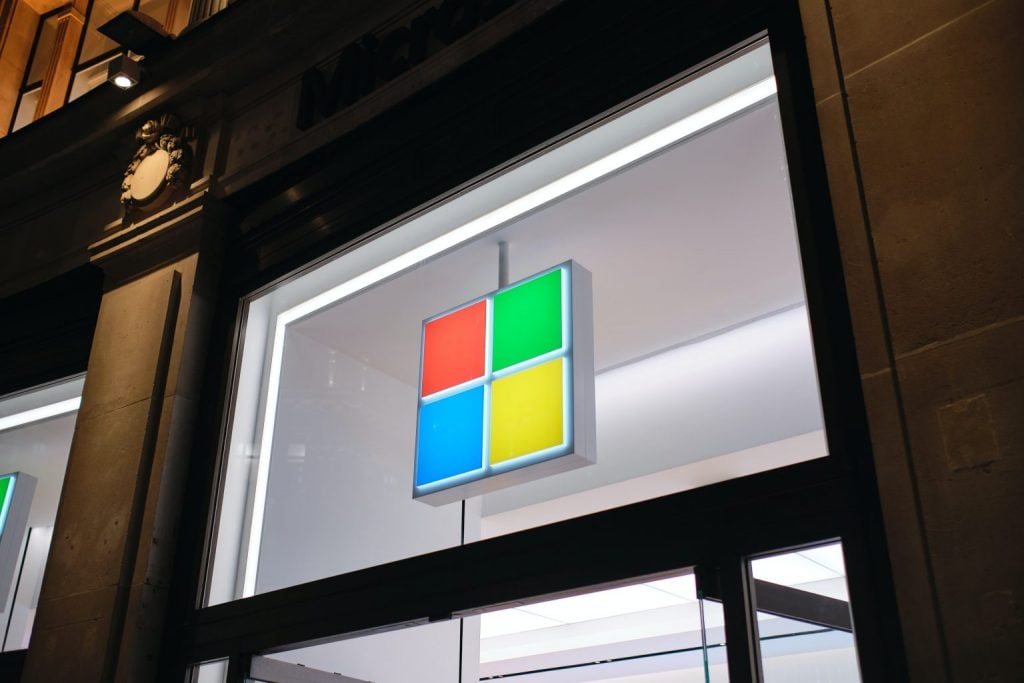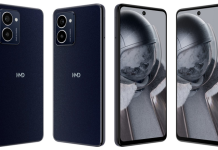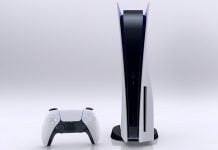Recently, rumors have surfaced about Intel and Microsoft seemingly gearing up for the launch of Windows 12, which has not yet been officially announced. @leaf_hobby, a known hardware leaker who previously revealed the specs of Intel’s Xeon chips, has disclosed information about Intel’s Meteor Lake desktop platform, which is expected to support Windows 12. However, Intel and Microsoft have declined to comment on these rumors.

While Microsoft has not announced any plans for Windows 12, there are indications that the company is looking to incorporate AI-powered features in future versions of Windows. Yusuf Mehdi, Microsoft’s head of consumer marketing, recently commented on the potential for AI in the Windows experience. Mehdi discussed the latest Windows 11 update, which includes AI-powered features such as Bing integration and recommended content for business users. Microsoft is also reportedly working on AI-powered smart snapping features for Windows 11.
If Microsoft intends to make more extensive use of AI in the next version of Windows, it would need to work closely with hardware partners such as Intel and AMD to optimize chips that can handle AI workloads. AMD has recently launched its Ryzen 7000 mobile processors, which are the first x86 chips to contain a dedicated AI engine that can support Microsoft’s Windows Studio Effects. Similarly, Intel’s Meteor Lake is expected to include AI capabilities similar to those introduced by AMD in its Ryzen 7000 mobile CPUs.
Both AMD and Intel are racing to catch up to Apple and its latest M2 chips, which have a dedicated AI chip that can handle 15.8 trillion operations per second. Microsoft has reportedly shifted back to a three-year release cycle for Windows, meaning that the next major version of Windows could be due in 2024.
Microsoft has also begun to focus on updating Windows 11 more frequently than the original annual updates it promised at the launch of the operating system in 2021. The latest update includes AI-powered Bing integration, improvements to widgets, touch mode, screen recording, and more.
RELATED:
- Windows 11 Upgrade Leaves Old PC Owners Frustrated with Microsoft Once Again
- Next Week in Tech: Android 12 stable, Nokia tablet, and Windows 11 stable
- MWC 2023: Best Products & Announcements From Day 1
(Via)







